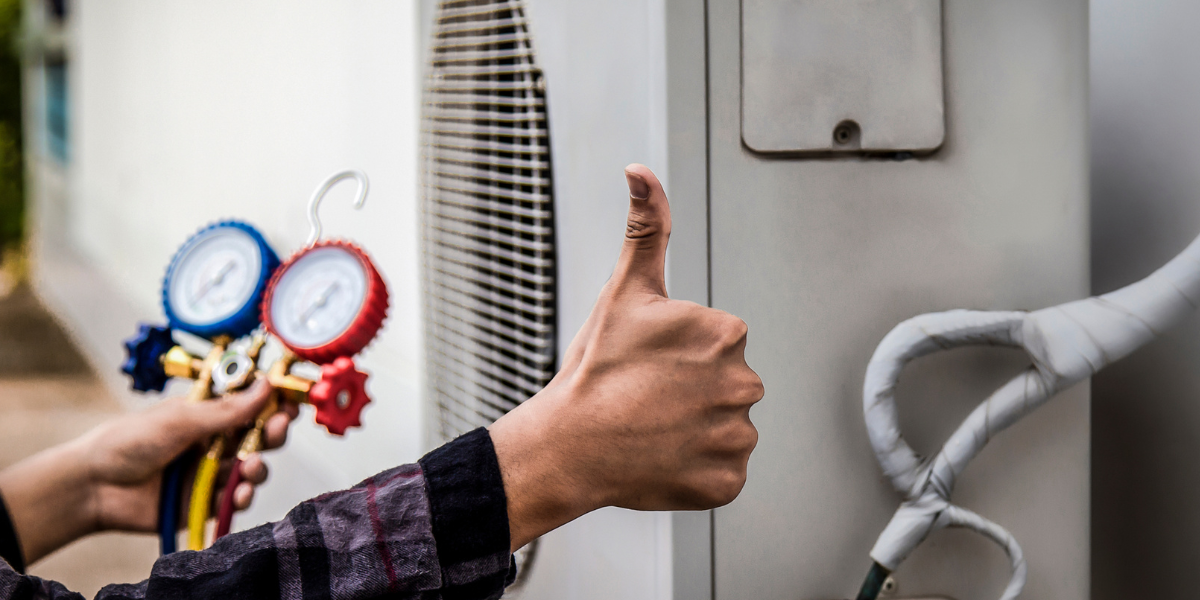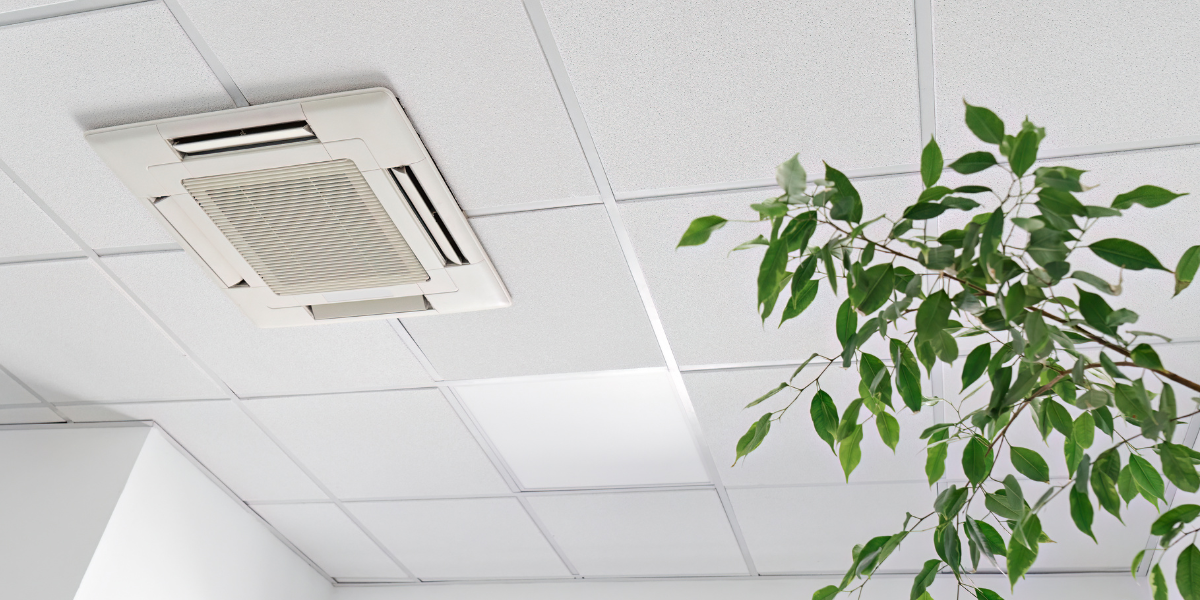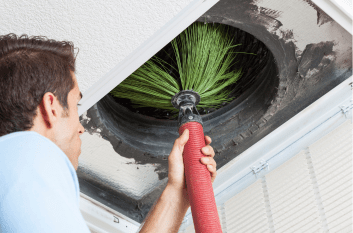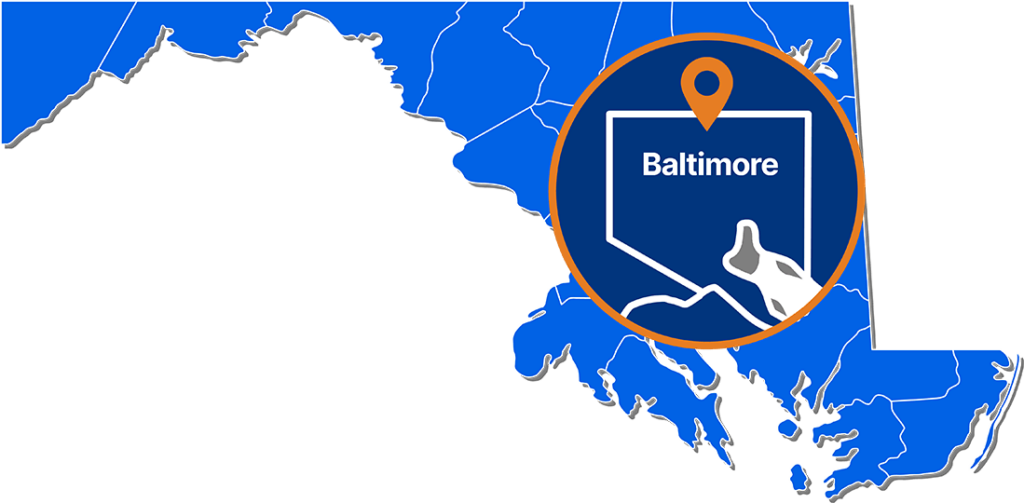Air duct cleaning is often hailed as a solution to improve indoor air quality and HVAC system efficiency. However, there are lingering concerns among homeowners about potential damage that cleaning might inflict on their ductwork and HVAC systems. Yes, air duct cleaning can cause damage if not done correctly, potentially leading to issues such as physical damage to ductwork or the release of contaminants into the air. Ensure peace of mind by entrusting your HVAC system to a trusted source like First and Last Restoration, where expert technicians prioritize safety and quality in every cleaning service.
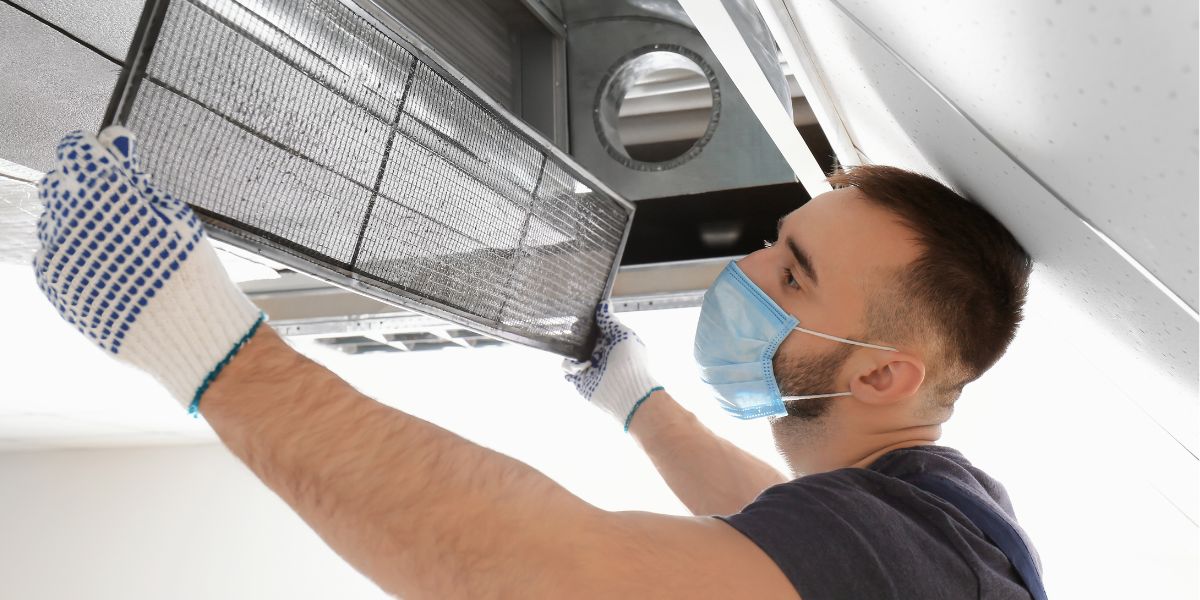
Understanding Air Duct Cleaning
Air duct cleaning involves removing dust, debris, and contaminants from the HVAC system’s ductwork and components. This process typically includes vacuuming, brushing, and using specialized equipment to dislodge buildup. The primary goals are to enhance indoor air quality, improve airflow, and maintain system efficiency. While routine maintenance can prevent issues like blockages and reduced airflow, some homeowners worry that the cleaning process itself might lead to damage.
Myth vs. Reality: Addressing Concerns
One common myth surrounding air duct cleaning is that it can damage the ductwork. While it’s true that improper cleaning techniques or aggressive methods can cause damage, reputable professionals employ industry-standard practices to minimize these risks. Modern cleaning equipment is designed to be gentle yet effective, reducing the likelihood of damage to ducts and HVAC components.
Another misconception is that air duct cleaning can release harmful contaminants into the air. In reality, when performed correctly, cleaning removes accumulated dust and allergens, improving indoor air quality. However, it’s crucial to hire experienced professionals who follow proper protocols to prevent the spread of contaminants during cleaning.
Factors Influencing Potential Damage
Several factors can influence the risk of damage during air duct cleaning. One key factor is the expertise of the cleaning technicians. Trained professionals understand the intricacies of HVAC systems and use appropriate techniques to minimize risks. Additionally, the condition of the ductwork plays a role. Older ducts or those already damaged may be more susceptible to further harm if not handled carefully.
The type of cleaning equipment and methods used also impact the potential for damage. High-quality equipment, such as HEPA-filtered vacuums and soft-bristled brushes, is less likely to cause harm compared to outdated or abrasive tools. Furthermore, the presence of mold or moisture in the ductwork can complicate the cleaning process and increase the risk of damage if not addressed properly.

Mitigating Risks: Best Practices
To mitigate the risks associated with air duct cleaning, homeowners should follow best practices and choose reputable cleaning companies. Before scheduling a cleaning service, it’s essential to research potential providers, read reviews, and ask for references. Experienced professionals should conduct a thorough inspection of the ductwork and HVAC system before beginning the cleaning process.
During cleaning, technicians should take precautions to protect the HVAC system and surrounding areas. This includes sealing off vents and registers, using drop cloths to cover floors and furniture, and employing proper safety equipment. By minimizing disruptions and ensuring a methodical approach, technicians can reduce the likelihood of damage.
After cleaning, homeowners should receive a comprehensive report detailing the services performed and any issues discovered. Regular maintenance and inspections can help prevent future problems and prolong the lifespan of the HVAC system.
FAQ
What Is Duct Cleaning?
Duct cleaning is a process of removing dust, debris, and contaminants from the ductwork and components of an HVAC (Heating, Ventilation, and Air Conditioning) system. This involves vacuuming, brushing, and using specialized equipment to improve indoor air quality and system efficiency.
How Long Does Duct Cleaning Take?
The duration of duct cleaning can vary depending on factors such as the size of the home, the complexity of the HVAC system, and the level of contamination present in the ductwork. On average, a typical residential duct cleaning may take anywhere from two to four hours to complete. However, larger or more heavily soiled systems may require additional time. At First and Last Restoration, our skilled technicians work efficiently to minimize disruptions and ensure thorough cleaning within a reasonable timeframe.

Final Thoughts
Experience peace of mind with First and Last Restoration – your trusted partner in HVAC system care. Don’t let concerns about air duct cleaning deter you from ensuring your home’s indoor air quality and system efficiency. Contact us today to schedule a professional inspection and cleaning service. With our expertise and commitment to excellence, we’ll ensure that your HVAC system receives the care it deserves, without compromising on quality or safety. Take the first step towards cleaner, healthier air by reaching out to First and Last Restoration now.

